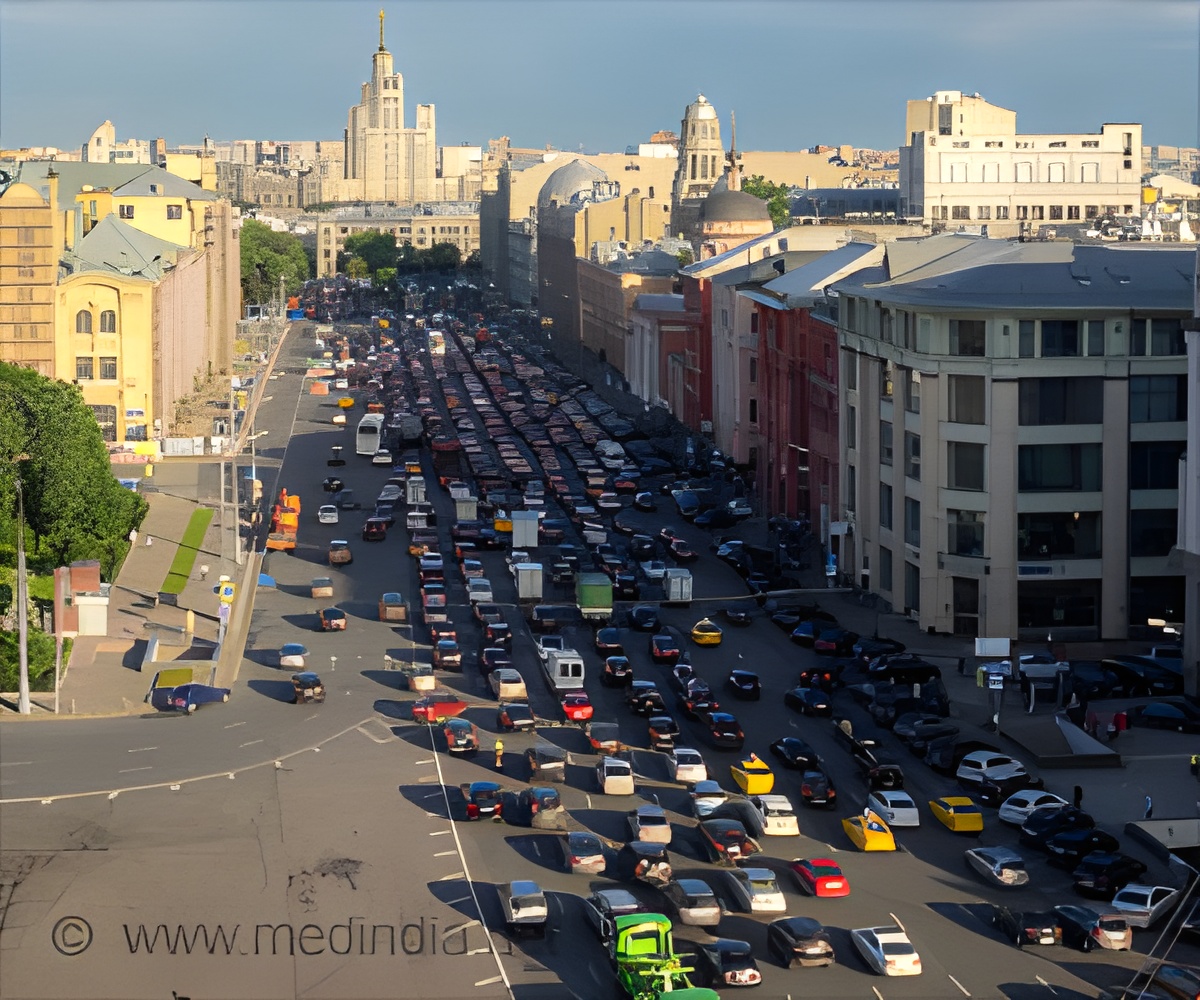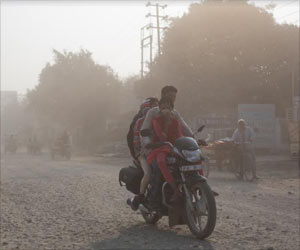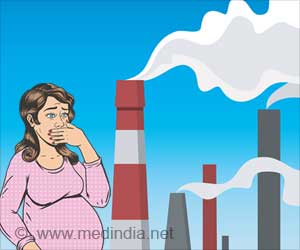Traffic-related Air pollution exposure on school routes can be a cause of slower cognitive development in kids walking to school

‘Exposure to air pollution on the way to school can have damaging effects on children's cognitive development and can be particularly marked in them because of their smaller lung capacity and higher breathing rate.’





The aim of the team undertaking the new study was to assess the impact of exposure to air pollution during the walking commute of kids to school.The findings of an earlier study had shown that 20% of a child's daily dose of black carbon -- a pollutant directly related to traffic -- is inhaled during urban commutes.
"The results of earlier toxicological and experimental studies have shown that these short exposures to very high concentrations of pollutants can have a disproportionately high impact on health" explains Mar Álvarez-Pedrerol, ISGlobal researcher and first author of the study.
"The detrimental effects may be particularly marked in children because of their smaller lung capacity and higher respiratory rate," she adds.
The study was carried out in Barcelona and enrolled over 1,200 children aged from 7 to 10, from 39 schools, all of whom walked to school on a daily basis. The children's working memory and attention capacity were assessed several times during the 12-month study.
Advertisement
Statistical analysis of the findings revealed that exposure to PM2.5(PM-Particulate matter) and black carbon was associated with a reduction in the growth of working memory: an interquartile range increase in PM 2.5 and black carbon levels was associated with a decline of 4.6% and 3.9%, respectively, in the expected annual growth of working memory.
Advertisement
"Above all, we do not want to create the impression that walking to school is bad for children's health because the opposite is true: walking or cycling to school, which builds physical activity into the child's daily routine, has health benefits that far outweigh any negative impact of air pollution" explains Jordi Sunyer, head of ISGlobal's Child Health Programme and co-author of the study.
"The fact that children who walk to school may be more exposed to pollution does not mean that children who commute by car or on public transport are not also exposed to high levels.
His colleague Mar Álvarez-Pedrerol goes on to explain "The solution is the same for everyone: reduce the use of private vehicles for the school run and create less polluted and safer home-to-school routes."
This is the first time that a team of scientists has studied the potential impact on the cognitive development of exposure to air pollution in children who walk to school.
Source-Eurekalert















